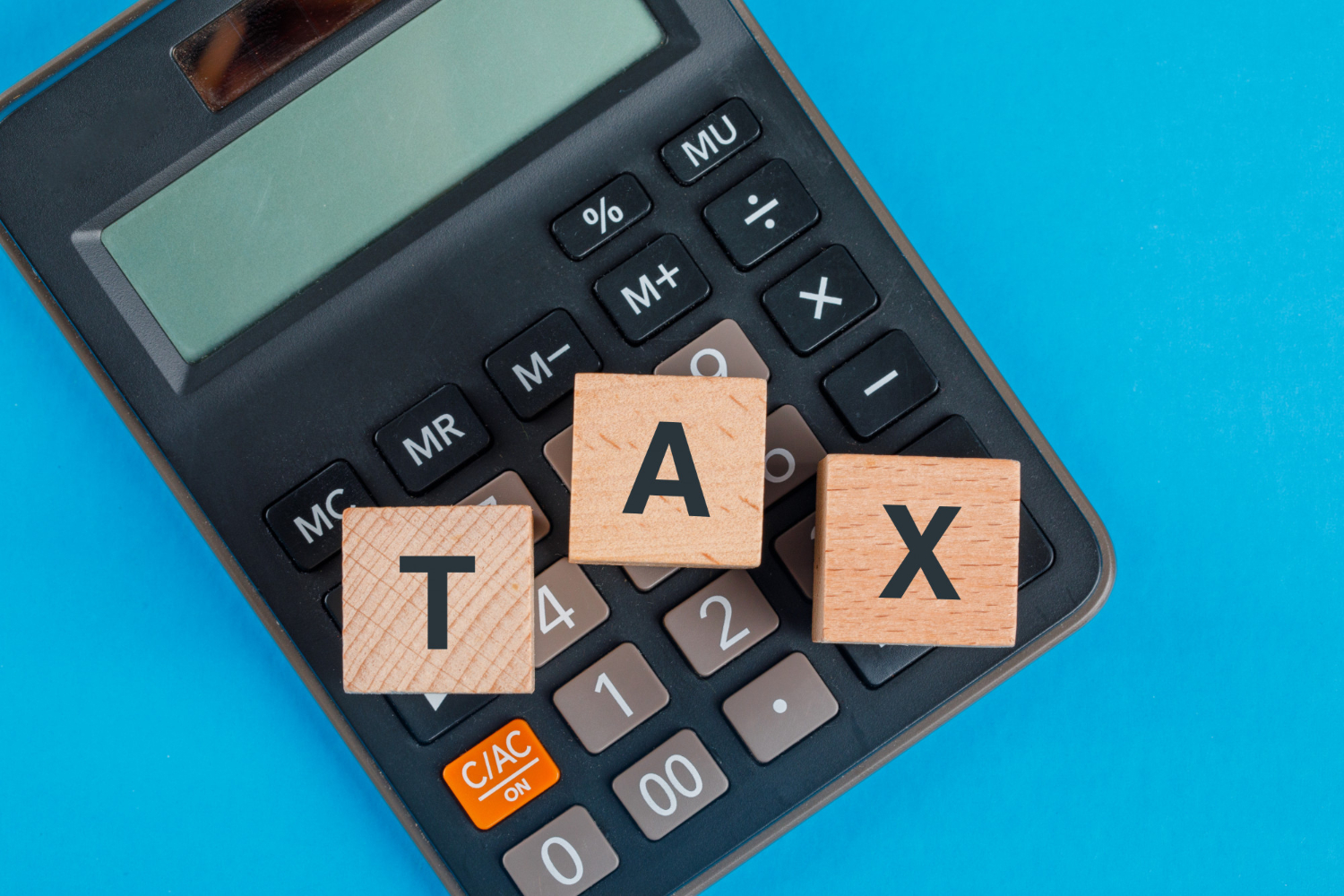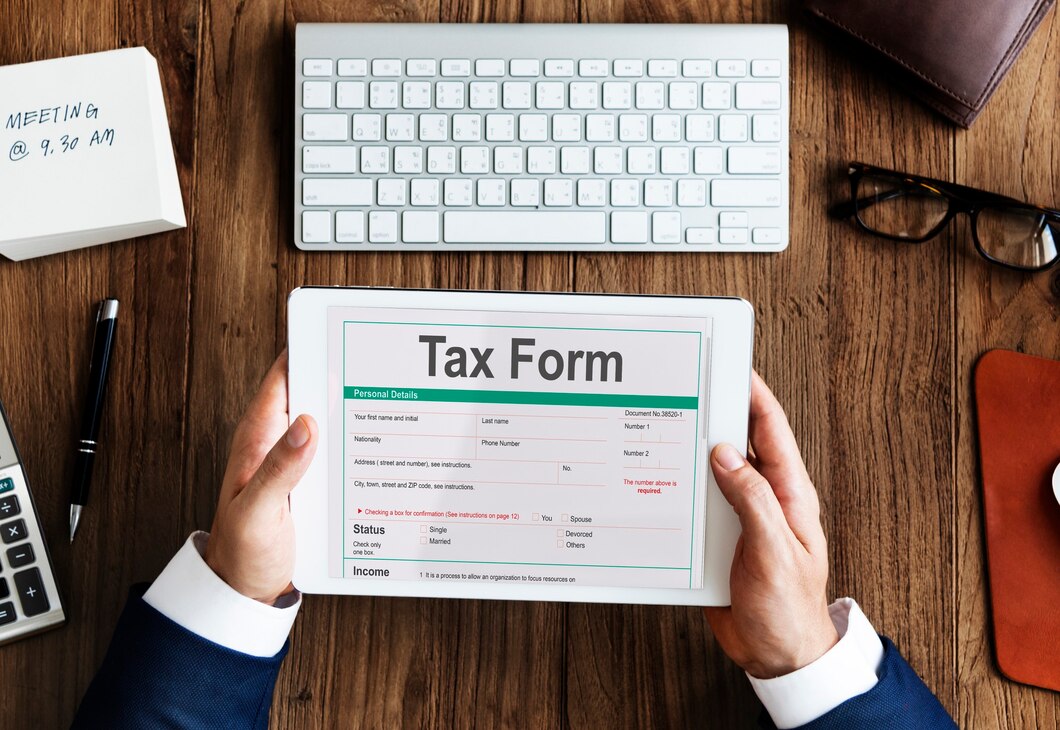
Tax Strategies Every Business Owner Should Know
Business taxation is integral in terms of minimising liabilities and maximising profits. A lot of business owners fail to take advantage of tax strategies. Such strategies can positively impact profits significantly. Smart tax planning helps your business reduce its taxable income, make appropriate deductions, and adhere to HMRC rules.
Tax law in the UK can be complex. However, smart business tax strategies can reduce owners’ payments, allowing them to keep more of their hard-earned dollars. This guide covers key tax planning methods that every UK business owner needs. These tips can boost financial health and support business sustainability.
Effective Business Tax Strategies

Navigating business taxes can significantly boost your profitability and compliance. Understanding key tax strategies helps you minimise liabilities and maximise savings.
1. Track Deductible Expenses
One of the simplest ways to lower tax liability is by tracking and claiming tax deductions. Many business expenses are tax-deductible, reducing taxable income and overall tax payments.
Common Business Tax Deductions to Claim
Business owners can deduct a variety of expenses, including:
- Office Supplies & Equipment: Computers, printers, stationery, office furniture, and business-related software.
- Rent & Utilities: This includes costs for office space, internet, electricity, phone bills, and co-working fees.
- Travel & Meals: You can claim business travel costs. This includes train tickets, hotel stays, rental cars, and meals with clients. Remember, these are subject to HMRC rules.
- Marketing & Advertising: Digital advertising, website maintenance, social media marketing, and promotional materials.
- Professional Fees: Payments to accountants, legal advisors, consultants, and tax planning professionals.
- Employee Salaries & Benefits: Payroll, pensions, health insurance, and employee training.
- Home Office Deduction: If you work from home, you can claim some household costs. This includes rent, utilities, and broadband.
How to Properly Document Expenses
To ensure tax deductions are valid, business owners should:
- Keep detailed records of all transactions, including receipts, invoices, and bank statements.
- Accounting software like QuickBooks, Xero, or FreeAgent can be used to automate expense tracking.
- Maintain a separate business bank account to keep finances organised.
- Store digital copies of receipts in cloud storage or expense management apps.
- Regularly review expenses with an accountant to ensure compliance with HMRC rules.
2. Choose the Right Business Structure for Tax Benefits
The type of business entity you operate affects your tax liability. Choosing the right structure is key for tax planning. It can save you a lot on taxes.
Business Structures in the UK
- Sole Trader: Simplest structure, but profits are taxed as personal income.
- Limited Company: It provides tax efficiency. Corporation tax is usually lower than personal tax rates.
- Partnership: Profits are shared and taxed at individual tax rates.
- Limited Liability Partnership (LLP): Combines the benefits of a partnership with limited liability protection.
How Business Structure Affects Tax Liability
- Corporation Tax: Limited companies pay 19-25% on profits. Directors can take dividends, which are taxed at lower rates than salaries.
- Self-Employment Taxes: Sole traders and partners must pay income tax and National Insurance on their earnings.
- VAT Considerations: If a business has a turnover over £90,000, it must register for VAT. This can impact cash flow and pricing strategies.
Choosing the right business structure is a key business tax strategy. A tax professional can help you find the best tax setup for your business.
3. Leverage Retirement Plans for Tax Savings

Joining pension schemes helps with tax planning for business owners and employees.
Setting Up Business Pension Schemes
- Workplace Pensions: Under auto-enrolment rules, employers must contribute to employee pensions.
- Self-Invested Personal Pensions (SIPPs): Ideal for business owners looking for flexible pension investment options.
- Director’s Pension Scheme: Allows limited company directors to make tax-efficient pension contributions.
Tax Benefits of Pension Contributions
- Employer Contributions: Tax-deductible as a business expense.
- Tax Relief: Employees and self-employed individuals receive tax relief on contributions.
- Reduced Corporation Tax: Pension contributions lower taxable profits, reducing overall tax liability.
Using pensions in business tax strategies helps owners save for retirement and enjoy tax benefits.
4. Take Advantage of Tax Credits

Tax credits directly reduce the amount of tax owed, making them an essential part of tax planning.
Common UK Tax Credits for Businesses
- R&D Tax Credit: It encourages innovation by giving tax breaks on R&D expenses.
- Annual Investment Allowance (AIA): This lets businesses deduct the full cost of qualifying assets. The limit is £1 million.
- Employment Allowance: Cuts employer National Insurance contributions by as much as £5,000 each year.
- Creative Industry Tax Reliefs: Available for film, TV, video game, and theatre productions.
- Small Business Rates Relief: Offers discounts on business rates for eligible businesses.
Business owners should team up with a tax advisor. This helps them claim all available tax credits and improve their business tax strategies.
Mastering Tax Strategies for Business Success
Tax planning strategies allow UK business owners to maximise their profitability while adhering to the norms set by HMRC. By tracking deductions, making the proper business structure selection, using pensions, and claiming tax credits, entrepreneurs can reduce their tax bills and improve financial stability.
These tax strategies legally keep businesses profitable and reduce their tax bills. More tax savings can be achieved through the right practices as per UK taxation laws. You can work with a tax professional to maximise your tax savings and ensure you are complying with UK tax laws. It allows business owners to focus on expansion and sustainability.